In Arizona, Trump Frames Charlie Kirk as a Martyr—But His Widow’s Forgiveness Defines the Night
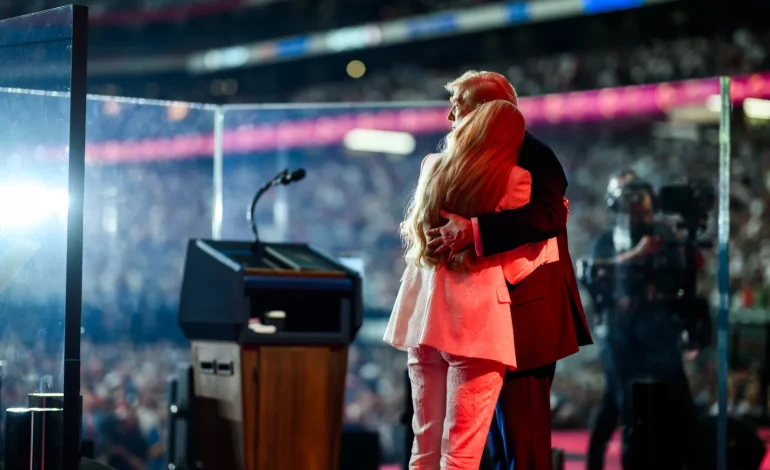
State Farm Stadium in Glendale was packed to the rafters, a sea of thousands turning a memorial into something closer to a revival. President Donald Trump, Vice President JD Vance, and a who’s who of the administration joined supporters to celebrate Charlie Kirk’s life and imprint on conservative politics — equal parts mourning, eulogy, and rallying cry.
From the dais, Trump cast Kirk as a truth-teller cut down for his courage, describing him as “heinously murdered by a radicalized, cold-blooded monster” and, in the same breath, elevating him to “a martyr for American freedom.” He lingered on Kirk’s signature style — inviting critics to the mic rather than shouting them down — and read aloud a private text Kirk sent to staff on the day he died:
“I’m not here to fight them. I want to know them and love them and try to lead them into a great way of life in our country.”
Trump argued that the bullets aimed at Kirk were meant for the movement itself, insisting the message hadn’t been silenced so much as amplified.
The roster underscored the moment’s gravity. Vice President Vance, Secretary of State Marco Rubio, Secretary of War Pete Hegseth, Health and Human Services Secretary Robert F. Kennedy Jr., Director of National Intelligence Tulsi Gabbard, Chief of Staff Susie Wiles, Deputy Chief of Staff Stephen Miller, and Presidential Personnel Director Sergio Gor each spoke to Kirk’s role as organizer, motivator, and mentor—the guy who could fill an arena at noon and still spend hours arguing philosophy with freshmen by nightfall. Their remembrances were as much about method as mission: reason over rage, debate over deplatforming, a movement designed to grow by persuasion rather than purity tests.
But the moment everyone kept talking about came from Erika Kirk. When she forgave the alleged killer from the stage — “I forgive him because it was what Christ did, and it’s what Charlie would do” — the stadium rose as one. It was raw and immediate, a plainspoken answer to a week of anger and accusation. Her words ricocheted far beyond Glendale, drawing praise from conservatives and liberals alike. MSNBC’s Joe Scarborough called it deeply moving, former presidential candidate Andrew Yang called it beautiful, and even critics of the broader politics admitted the power of the gesture. The forgiveness didn’t sand down the tragedy; it reframed it.
Trump’s remarks took a sharper edge. He railed against what he called media double standards and a culture that treats speech as violence, warning that once people accept that premise, some will eventually decide violence is justified to stop speech. He described the outpouring for Kirk as proof of the opposite: that open debate remains the beating heart of American civic life, and that the movement Kirk helped build intends to defend it “at all costs.”
That tug-of-war — between grief and grace, politics and faith — ran through the entire service. Admirers spoke about Kirk’s campus showdowns and his knack for turning arguments into teachable moments. Clergy and friends leaned into a theme of spiritual awakening, suggesting that beyond the policy fights and podiums, Kirk’s push for a moral re-centering may be his most lasting legacy. Trump nodded to that, too, saying Kirk had come to believe the country needed not just a political realignment, but a spiritual one.
It was impossible to miss the scale of the loss: a young father, a movement-builder, a polarizing public figure who thrived on unscripted confrontation and insisted on hearing the other side. It was equally hard to ignore the determination in the room to turn shock into momentum. The administration’s top brass spoke about carrying Kirk’s torch. Attendees spoke about protecting speech, rejecting political bloodlust, and channeling grief into disciplined action.
By the time the lights came up, one impression lingered. The president supplied the fire and the fight; the widow supplied something harder—mercy in the teeth of tragedy. If the night was meant to cement Charlie Kirk’s legacy, it did so in two registers at once: as a call to keep arguing in public without fear, and as a reminder that conviction, without compassion, curdles. In Glendale, both messages landed.
FOX News and the White House contributed to this report.
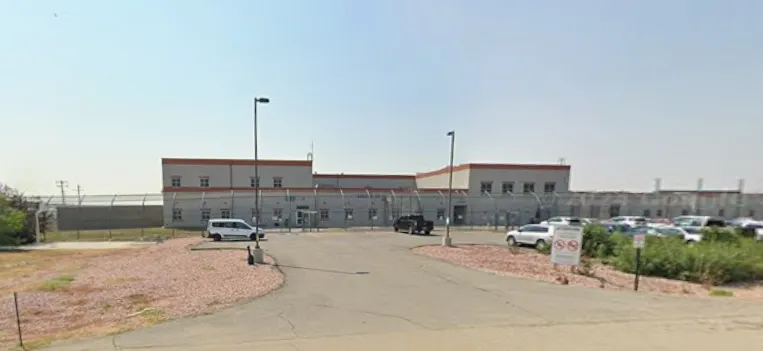
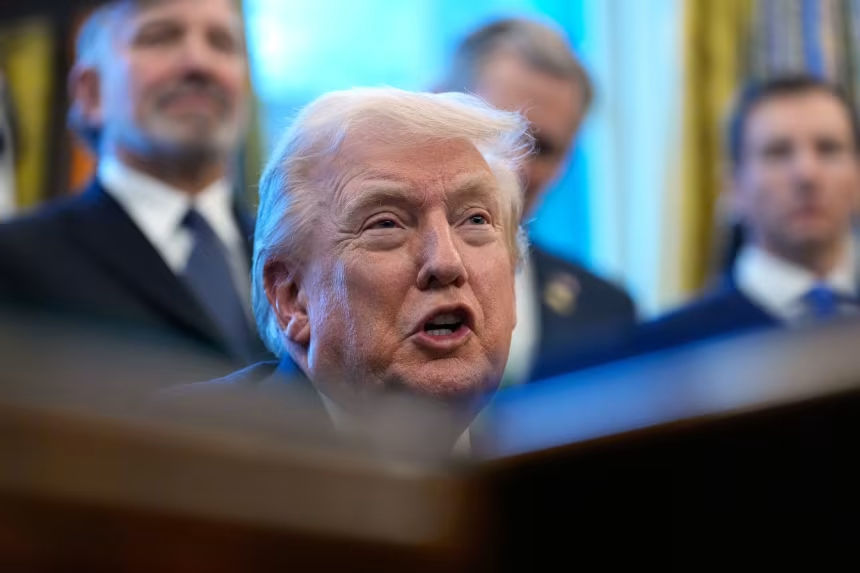

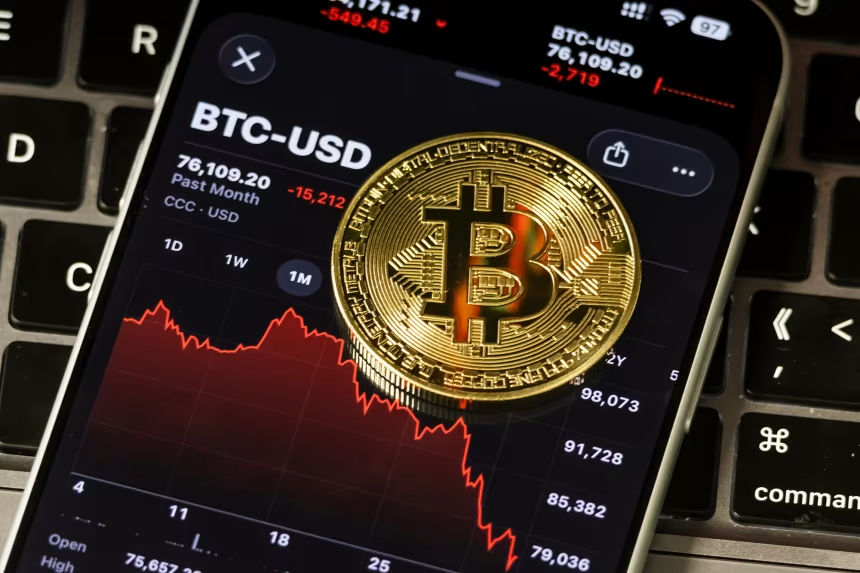
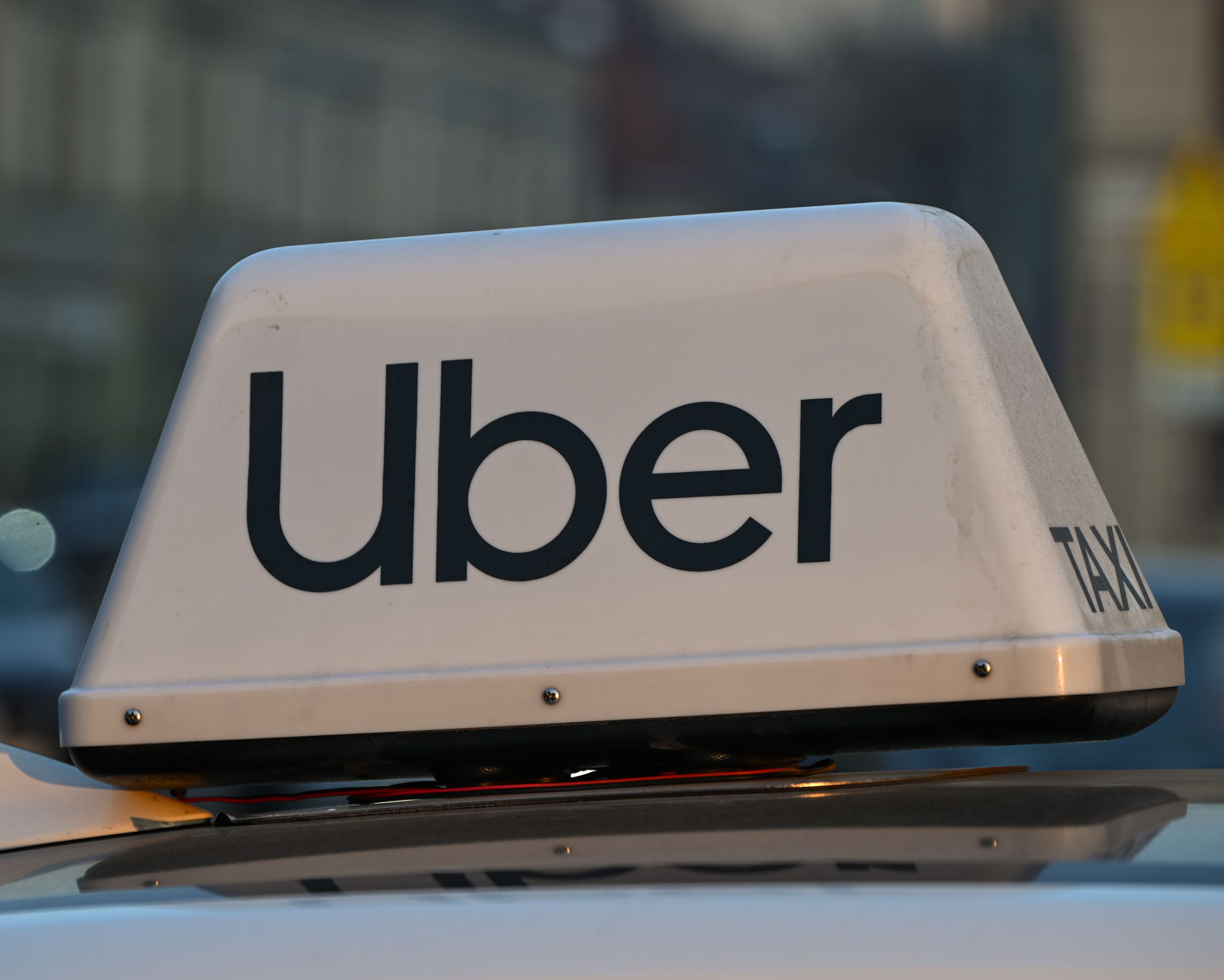




The latest news in your social feeds
Subscribe to our social media platforms to stay tuned